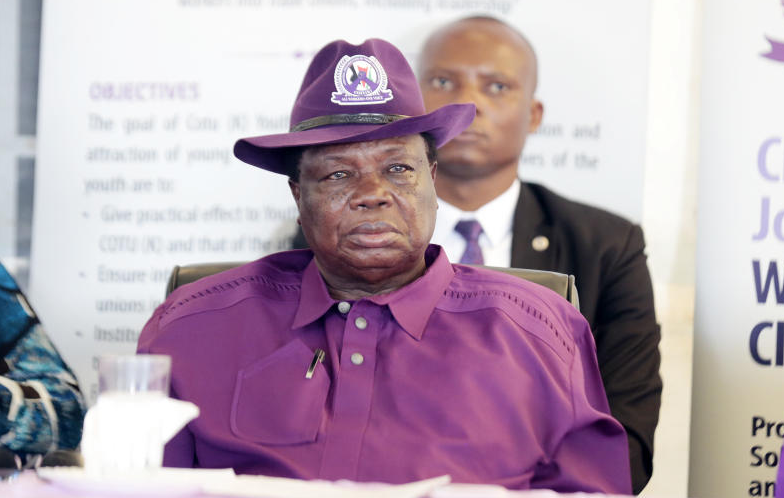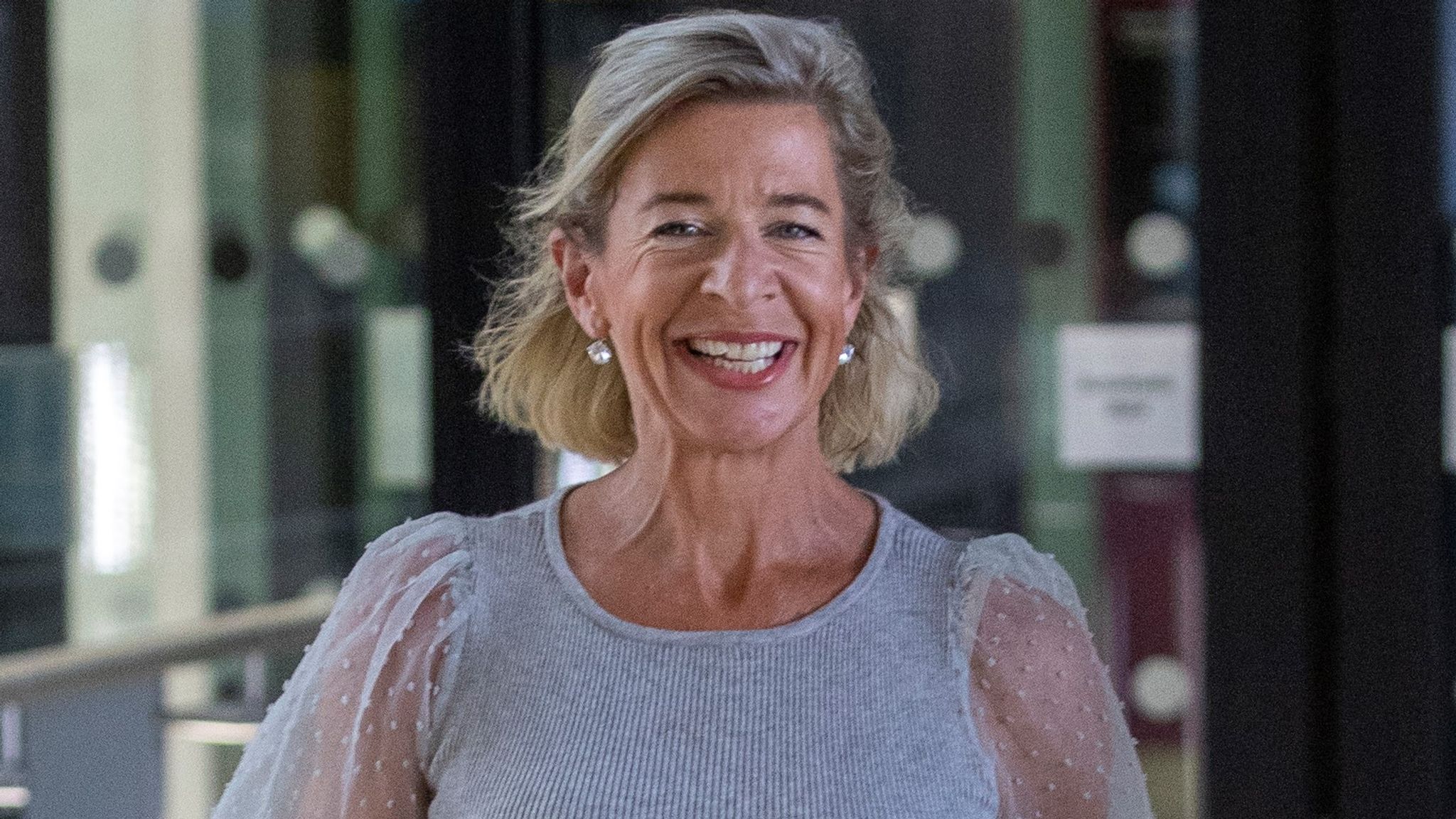Nigerian Agriculture Ministry Insiders Accuse Finance Ministry Of Power Abuse, Undue Interference In $310Million Farming Projects | Sahara Reporters
According to the letter, the concerned insiders revealed that the Ministry of Agriculture deployed $134 million, directly benefiting nearly one million farmers through a decentralised, state-led approach.
Concerned sources within the Federal Ministry of Agriculture have accused the Ministry of Finance of overreach, abuse of power, undue interference, encroachment on the agriculture ministry’s constitutional mandates, and an attempt to destabilise the agricultural sector and the country’s agricultural development framework.
In a letter to prominent human rights lawyer and Senior Advocate of Nigeria (SAN), Femi Falana, insiders at the Federal Ministry of Agriculture voiced “pressing concerns” over recent developments they say could jeopardize the progress made under the Nigeria Agro-Pocket Project (NAGS).
According to the letter, the concerned insiders revealed that the Ministry of Agriculture deployed $134 million, directly benefiting nearly one million farmers through a decentralised, state-led approach.
“This model empowered over 1,000 local agro-dealers, promoted inclusion, and created a sustainable ecosystem for input distribution and market access,” the letter read in part.
However, the sources alleged that the Federal Ministry of Finance, under the leadership of Minister Wale Edun, is endorsing AFEX Commodities Exchange as the exclusive implementing partner for two upcoming agriculture projects supported by Japan International Cooperation Agency (JICA) and the African Development Bank (AfDB), amounting to $310 million.
The letter read, “Unfortunately, current actions led by the Federal Ministry of Finance, through its endorsement of AFEX Commodities Exchange as the primary implementing partner for the upcoming JICA and AFDB-supported projects ($110 million + $200 million planned), pose a serious risk to the decentralisation model.”
The concerned insiders warned, “Under this arrangement, AFEX is being positioned to monopolize every stage of the value chain: input procurement, distribution, warehousing, aggregation, subsidy administration, commodity marketing, and exchange listing.
“This proposal echoes the failed Anchor Borrowers Program, where AFEX was reportedly one of the largest defaulters.”
The letter stressed, “AFEX is undergoing legal and regulatory scrutiny, including N169.27 billion disbursed under the CBN’s Anchor Borrowers Program; legal action by GTBank over N17.8 billion in outstanding debts; federal High Court orders to probe AFEX’s accounts in 28 banks, and allegations of fund misappropriation and contempt of court orders by top AFEX officials.”
The approach raised by the sources in the letter closely mirrors the Anchor Borrowers Program, which has faced widespread criticism and legal scrutiny.
“The current plan sidelines state Ministries of Agriculture, excludes local service providers, and centralises control in the hands of a single, debt-laden company,” they said.
“It would also strip states of their autonomy to select service providers, determine aggregation strategies, and free market outputs.”
They noted that AFEX, one of the most prominent participants in that program, is under investigation for N169.27 billion in disbursements from the Central Bank of Nigeria.
According to the letter, the company is also facing litigation from GTBank over N17.8 billion in outstanding debt and court orders mandating the investigation of its accounts across 28 Nigerian banks.
A timeline of events outlined in the letter revealed that in 2024, AFEX, in collaboration with Jide Arowosafe and the Nigerian Agricultural Development Fund (NADF), proposed an alternative "Improved Agro-Pocket" model.
Vice President Kashim Shettima was said to have rejected this version because of its lack of inclusiveness and narrow design.
“2024: AFEX, in collaboration with Jide Arowosafe and NADF, proposed an alternative “Improved Agro-Pocket” model which was rejected by the Vice President due to its narrow design and lack of stakeholder inclusion,” the letter stated.
Nonetheless, by October 2024, the Finance Ministry began backing AFEX and Arowosafe, reportedly creating a “de facto coordination office” within the Ministry.
“October 2024: Despite resistance, AFEX and Arowosafe gained the support of the Honorable Minister of Finance, Mr. Wale Edun. A de facto coordination office was established in the Finance Ministry.”
Despite warnings from consultants and donor agencies, the revised implementation structure continues to evolve, allegedly bypassing existing institutional frameworks and excluding competitive procurement.
The letter read, “Multiple consultants advised against this direction, encouraging reinforcement of the existing, inclusive NAGS structure.
“However, Jide Arowosafe and AFEX have continued to drive the process, pushing a non-competitive, non-transparent implementation plan.”
They decried that AFEX is being backed to lead the new projects despite its checkered history, while state ministries and local service providers are allegedly sidelined.
The cost implications are also under fire, with over N50 billion in administrative and logistics fees reportedly baked into the plan, expenditures that critics say are being diverted away from the farmers themselves.
The letter stated, “The revised project now includes entities like NALDA, Bank of Agriculture, and NADF, all lacking necessary infrastructure, while AFEX remains the exclusive operational and digital partner.
“The cost structure includes excessive fees totalling over N50 billion, largely directed toward logistics and operations rather than farmers.
“The Ministry of Agriculture’s current program targets vulnerable farmers and SME agro-dealers, utilising subsidies efficiently. The goal is sustainability, not monopoly.”
The Ministry of Finance is also accused of orchestrating government-backed commodity imports through the Nigeria Sovereign Investment Authority (NSIA), again selecting AFEX without transparent tendering.
The move is seen as a threat to national food security goals.
The letter stated, “In a separate but related matter, the Ministry of Finance, via the Nigeria Sovereign Investment Authority (NSIA), is spearheading commodity imports.
“AFEX was appointed to lead marketing efforts with no transparent procurement process.
“This move risks distorting local markets, discouraging production, and contradicts national food security goals as designed in the renewed hope agenda of Mr. President Asiwaju Bola Ahmed Tinubu.”
According to the letter, key concerns include transparency, as the sources noted, “Agricultural programs and import schemes must be handled transparently and without undue influence from politically connected actors.
“Undermining Smallholder Support: The AFEX-led model will centralise funds and operations, depriving smallholder farmers and local agro-input dealers of critical support.
“Hijacking Public Resources: National agricultural grants are at risk of being funnelled into AFEX’s debt repayment and private interests.
“Market Distortion via Imports: Government-backed grain importation, managed without due process, will further weaken domestic agriculture.”
The insiders made some recommendations, stating, “The proposed project structure should be urgently reviewed to ensure it adheres to public interest and good governance principles.
“The Ministry of Finance should refocus on its core mandate, facilitating funding and economic coordination, not direct implementation or control of sectoral projects.
“The NAGS program under the Ministry of Agriculture should be protected and strengthened as the appropriate institutional platform.
“Bilateral and multilateral donors must be reminded of due process and federal guidelines in program execution, to avoid breaches of national and international protocols.
“It is imperative to act decisively to prevent the hijack of a nationally beneficial agricultural program by indebted corporations and politically exposed individuals.”
“We urge you to help scrutinise these developments and ensure public institutions remain accountable to their mandates,” the letter added.
As Nigeria strives to enhance food production and economic resilience under President Bola Tinubu’s administration, the concerned sources warned that unchecked interference and a lack of transparency could reverse the hard-won gains of recent agricultural reforms.













